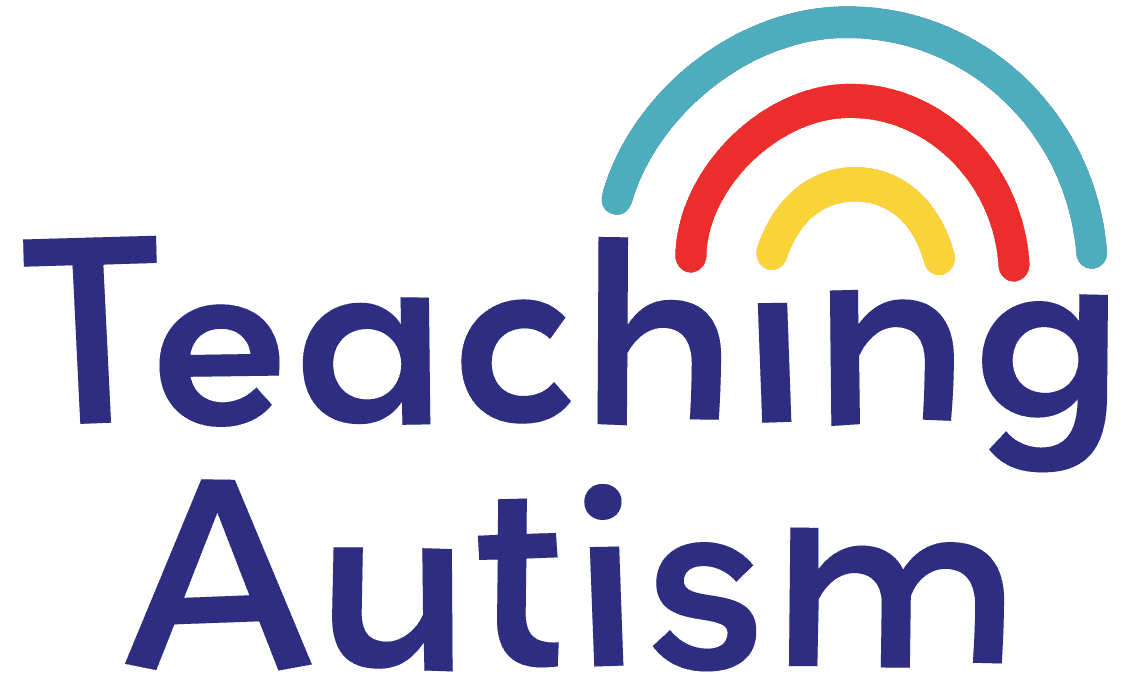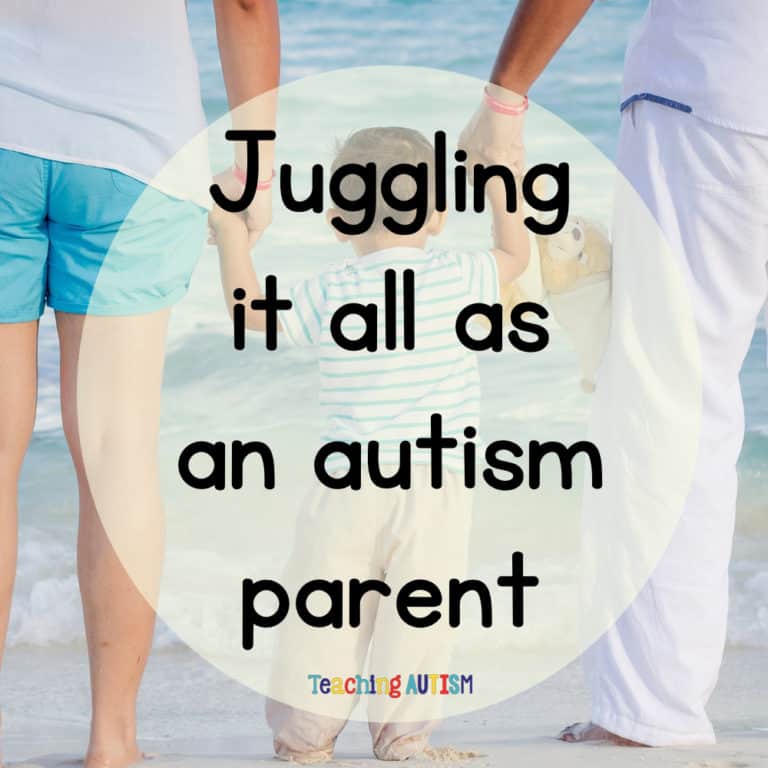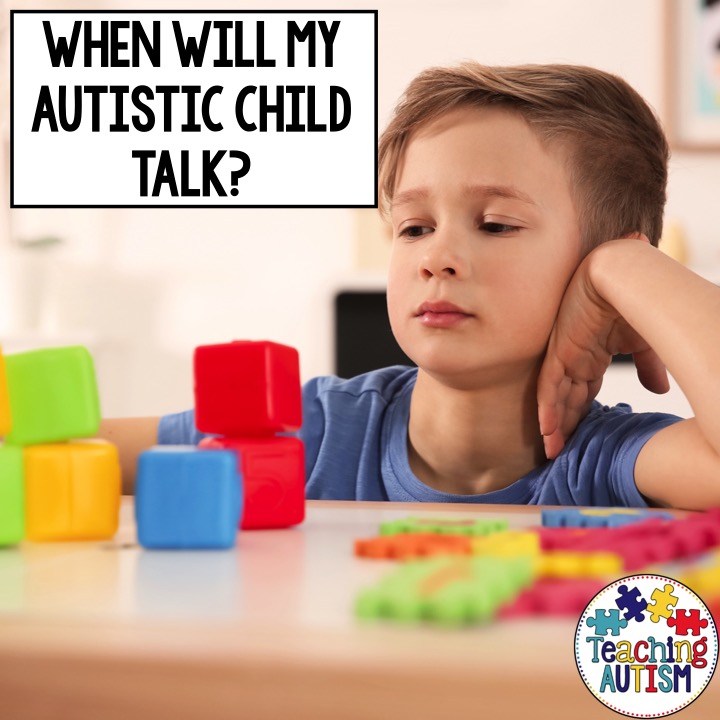The Future of My Child with Special Needs
Today, I’m delighted to introduce Joni brown from Joni-Brown.com who is sharing a guest blog post with us regarding the future of her child with special needs. Joni’s daughter lives with PCDH19 epilepsy and autism. She finds writing is her therapy and knows she has a beautiful purpose.
Today I was checking out at my local grocery store. The young man bagging my groceries had special needs. He was very social with excellent eye contact as he asked me if I had any fun plans for the weekend. I smiled and said, “Yes. It should be a nice weekend to grill out.” I quickly asked him, “How about you? Do you have any plans?” He simply and politely said, “I plan to relax at home.” It was a perfect exchange of pleasantries from one to another. As he bagged the rest of my grocery haul, he looked over at a co-worker and asked if she was done for the day, and she said, “No. I’m just on lunch if you wanna join me after you finish here.”
I felt very happy for the young man. He has his place in the workforce, earns a paycheck, contributes to society, and clearly has no problems with socializing. As I finished my payment, smiled goodbye, and rolled out my grocery cart to my car, I felt a huge wave of sadness come over me. By the time I got to my minivan, my emotions were too much to contain. I placed two bags on the car seat and hid my face inside as I wept behind my large black sunglasses. I was sad for my teenage daughter. She lives with a severe form of epilepsy and autism. Although she has these challenges, she still perseveres in her daily life, and her social spirit is a strong force. Sometimes she is the queen bee of socializing, with appropriate conversations and happiness all around. However, she has an unpredictable side to her that consists of inappropriate behavior. Sometimes we cannot take her in public for the safety of herself and others.
As I cried in my minivan, I sobbed at the future for her. Where will she fit in? What will her days look like post-high school graduation? How will an employer understand if she cannot come to work because she is having a seizure cluster? What employer will see her as a sweet human being and not someone with disabilities?
Today was one of those days where the future was too much for me to think about. Moving forward, I need to be her strongest advocate. Look for the best work programs, so she has a chance to be part of society. I wish for her to not only take up space in the workplace, but to be a positive contributor to an organization that will help her have a good quality of life. Even though I am not sure of what that will look like, I will figure it out in the near future.
If you enjoyed this blog post, please leave a comment to let Joni know or visit her blog here.







